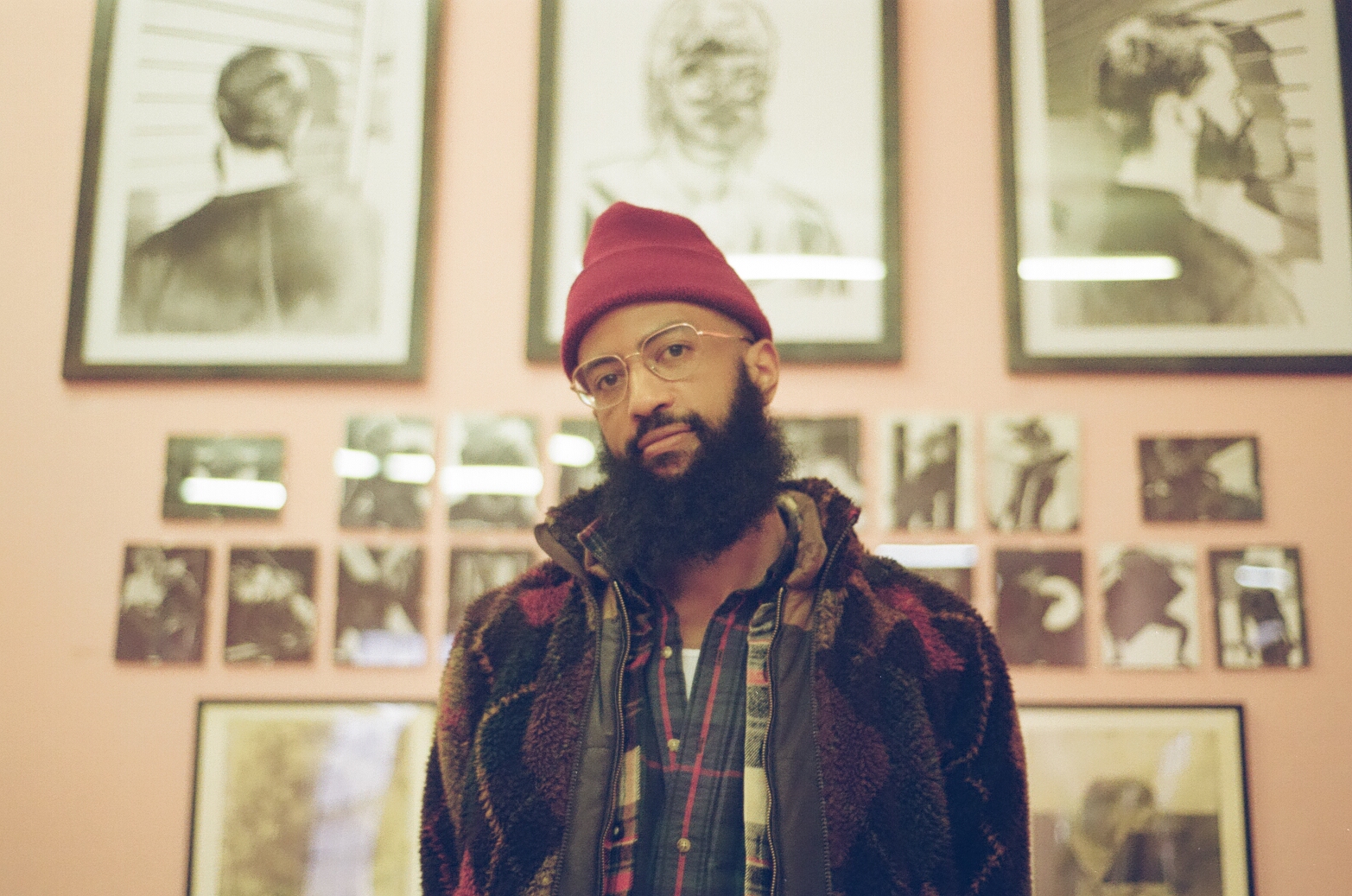The Body in Touch: Toni Cade Bambara’s Transcendent Haptics
October 16, 2025 5:00 PM – 7:00 PM
Alumni Reading Room

A Critical Conversations Event
On behalf of the Cultural Research and Practice Lab, Dalia Davoudi and Shayla Lawz invite you to a talk by Dr. Omari Weekes.
Date: Thursday, October 16, 2025
Location: Alumni Reading Room
Time: 5PM
Please RSVP here
Dr. Weekes will present a talk on writer and filmmaker Toni Cade Bambara entitled “The Body in Touch: Toni Cade Bambara’s Transcendent Haptics.” In it he will argue that the act of touch and personal attunement with the Black female body amongst other Black female bodies provides Black women with a foundation upon which a Black feminist politics of mutual aid in the face of possible nuclear destruction materializes. Following Hortense Spillers’ pioneering work on the iconography of the flesh, Weekes turns to the scene of healing as a specific call to action, one that places an interplay between spirituality and the messiness of corporeality at the forefront of civic engagement. The haptic contact of skin upon skin that touching subjects endure in the scene of healing extends the self and builds community upon an ethics of care fortified by the living and the dead alike.
Omari Weekes is an assistant professor of English at Queens College, CUNY. He is currently working on his first book project, Lurid Affinities: Sex and the Spirit in Post-Civil Rights Black Literature, which argues that much black writing since the Black Arts Movement thinks through the dialectic between the sacred and the profane. His writing has been featured in The Black Scholar, The New York Times, The Atlantic, The Nation, Bookforum, and other scholarly and popular venues.
This event is part of Cultural Research and Practice’s fall program, which is centered on the theme of “Body Work.” Amber Musser will be our next speaker and will be giving a talk on November 5, 2025 at 5pm.
This event is part of Critical Conversations: creating space for and educating one another about our multiple cultural contexts, activism, civil discourse, and academic engagement.